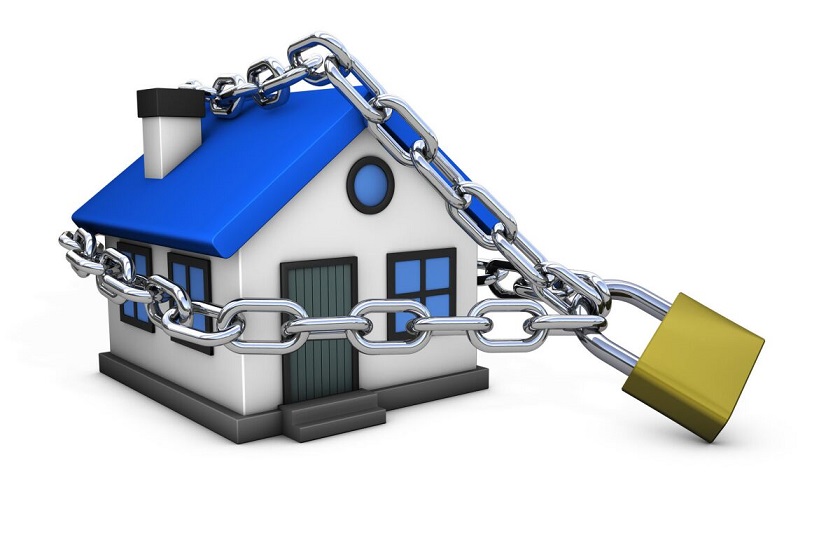
The deed theft scam is nothing new, but according to the Better Business Bureau the scam has seen a recent increase.
The deed theft scam was a problem during the 2008 financial crisis. Scammers preyed on vulnerable individuals who were facing foreclosures or who were behind on their mortgage payments. At that time the FBI issued a warning about the scam.
Due to the current state of the economy scammers are again preying on people who may be struggling financially.
Although the scam is not widespread it is something homeowners should be aware of.
How The Scam Works
Criminals use public record searches to locate homeowners who are facing foreclosure or who have fallen behind on their mortgage payments or property taxes. They also target senior citizens that are longtime homeowners who have accumulated significant equity.
The scammers pose as mortgage brokers, bankers, or others in similar positions. They offer to lower mortgage payments or save homes from foreclosure.
If they are successful, the victim signs over the deed to their home and the scammer takes ownership.
Another scenario is when they trick people into transferring the deed to them saying it will safeguard the home and keep it out of foreclosure.
Scammers also harvest personal information about homeowners through details found on social media, or through phishing scams and data breaches. They use the information to obtain fake ID’s and Social Security cards. Using the fake documents, they file paperwork with the county recorders office to transfer the deed to themselves.
This is an extremely dangerous scam because you are at risk of losing your home and it can be a very expensive legal process to try to get the home back and recover from identity theft.
How To Protect Yourself
Never respond to unsolicited phone calls, text messages or email messages from anyone offering to help you financially. Hang up the phone immediately without responding and delete any messages.
Never sign your deed over to anyone.
Never sign any documents unless it is something you have initiated and know to be legitimate. When in doubt consult an attorney.
Scammers and cybercriminals often use scare tactics to pressure you into acting. Never make a rush decision.
If you are behind on your mortgage payments or facing foreclosure reach out to the U.S. Department of Housing and Urban Development for guidance.
Also contact your bank or lender for advice.
If you receive any unusual documents in the mail that are related to your home or mortgage, investigate it. Contact your mortgage company or bank and inquire about the documents. If they did not send them or cannot tell you they are legitimate you should be suspicious that something is awry.
Create an account on your local county recorder’s website, most offer fraud alerts, when you sign up you will be alerted when a document is recorded in your name. Log in occasionally and check all documents pertaining to your home, you can download and save a copy of your deed and other documents.
If You Have Been the Victim of a Scam
Contact your states Attorneys General Office to report the scam.
Report scams to the Federal Trade Commission.
Report scams to your State Consumer Protection Office.
State Consumer Protection Office
Report the crime to your local county recorder’s office.
Call your local police department to report the scam and file a police report.
If you have not already done so place a security freeze on your credit reports. This can be done online or by calling the three major credit bureaus, Transunion, Equifax and Experian.
Request a copy of your credit report from the three major credit bureaus and check them for accuracy. If errors are found report them to the agencies. You are entitled to a free copy of your credit reports with all three credit bureaus.
Place a fraud alert on your accounts with all three credit bureaus.
Contact the creditors and financial institutions you do business with. Let them know that your accounts may have been compromised. They can refer you to their fraud department who can help you take the appropriate steps to secure your accounts.
Change the passwords on all of your online accounts.
Keep a record of all steps you take to report and document the scam.
